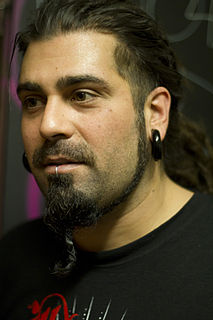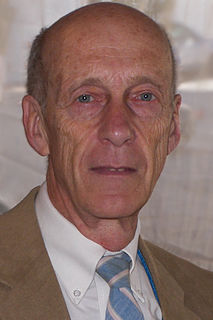A Quote by Mark Fisher
I'm not sure that Liberation Theology has ever satisfactorily resolved the tensions between Marxism's 'social naturalism' (the claim that all beliefs have their origins in social practice) and religion's supernaturalism (the claims that its beliefs are underwritten by divine will).
Related Quotes
If we look at it more from a philosophical standpoint, these foundations of atheism and secular humanism believe that you are your own God. That leads us to something that unfortunately has crept into many churches across America, and it is what I call the Social Gospel. The social gospel, that could creep into something that is called Liberation Theology, which is a mixture of leftist, pseudo-Christianity with Marxism.
America is big enough to accommodate differences of opinion and practice on religious and social beliefs. As a nation and as a society, we must reject discrimination, forcefully and without asterisks. Most importantly, as president, I will zealously defend the Constitution of the United States and all of its amendments.
So Marxism, Freudianism: any one of these things I think is an irrational cult. They're theology, so they're whatever you think of theology; I don't think much of it. In fact, in my view that's exactly the right analogy: notions like Marxism and Freudianism belong to the history of organized religion.
Marxism was the social creed and the social cry of those classes who knew by their miseries that the creed of the liberal optimists was s snare and a delusion... Liberalism and Marxism share a common illusion of the "children of light." Neither understands property as a form of power which can be used in either its individual or its social form as an instrument of particular interest against the general interest.
One reason why I recommend the abandonment of religious beliefs is because I think those beliefs are wrong. There is no evidence that our world was created by divine intention, that a god intercedes in human affairs, or that there is life after death. Religion is a hangover from humankind's timorous infancy; it's time for us to walk upright and unafraid, and to take charge of our own lives.




































